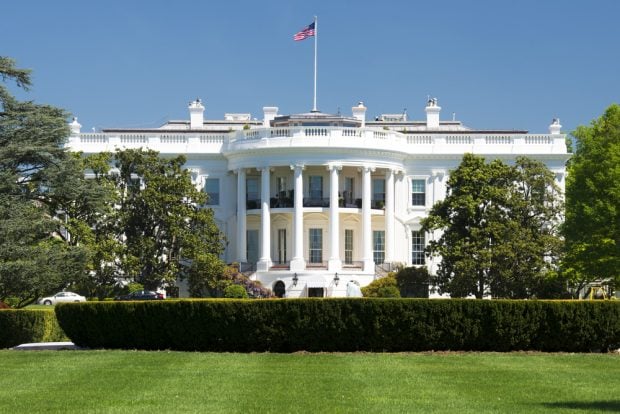 Source: Shutterstock.
Source: Shutterstock.
The Biden Administration Friday proposed a 22.2% increase for the Community Development Financial Institutions program — an increase that would bring CDFI funding to $330 million in FY22.
The funding request was included in President Biden's so-called "skinny" budget for the next year. As is the case with many first-term, first-year presidents, Biden released a bare-bones funding blueprint Friday, while promising a more detailed request later.
Recommended For You
"In the coming months, the Administration will release the President's Budget, which will present a unified, comprehensive plan to address the overlapping crises we face in a fiscally and economically responsible way," the administration said.
The bare-bones budget is simply the first step in the annual budget process. House and Senate appropriations committees will set their own FY22 spending levels, which then will be considered in each chamber.
The Biden budget did not include details about proposed funding for independent agencies. The CFPB and virtually all NCUA funding are not included in the appropriations process; they are funded by financial institutions. However, the NCUA's Community Development Revolving Loan Fund program is subject to the appropriations process, but the budget document does not provide details about proposed funding.
In proposing the CDFI funding, the administration said the money would build on an "unprecedented level of support for the CDFI industry in 2021," including funding in economic stimulus legislation.
In each of its budgets, the Trump Administration called for the elimination of the CDFI program, although Trump tempered that opposition during the 2020 presidential campaign. And while testifying before a House Appropriations subcommittee, then-Treasury Secretary Steven Mnuchin noted the strong congressional support for the CDFI program.
Even before Biden was sworn in, Yellen and then-Deputy Treasury Secretary-designate Wally Adeyemo held a conference call with CDFI officials and pledged their support for the program.
The budget request also included $191 million for the Financial Crimes Enforcement Network, a $64 million boost from the current fiscal year. The increase is intended to create a database that tracks the ownership and control of certain companies and organizations to help fight the use of complex corporate structures to shield illegal activity.
Last year's annual defense authorization bill included a plan that requires companies to disclose their beneficial owners at the time a company is formed, in an effort to rein in the use of shell companies.
Senate Appropriations Committee Chairman Patrick Leahy (D-Vt.) said he was pleased with the priorities reflected in the Biden budget blueprint.
"This blueprint makes strong investments in Americans and communities who have not benefited from the economic expansion prior to the pandemic and who fell further behind because of COVID," he said. "The budget proposes long overdue and historic investments in jobs, worker training, schools, food security, infrastructure and housing."
© Touchpoint Markets, All Rights Reserved. Request academic re-use from www.copyright.com. All other uses, submit a request to [email protected]. For more inforrmation visit Asset & Logo Licensing.






